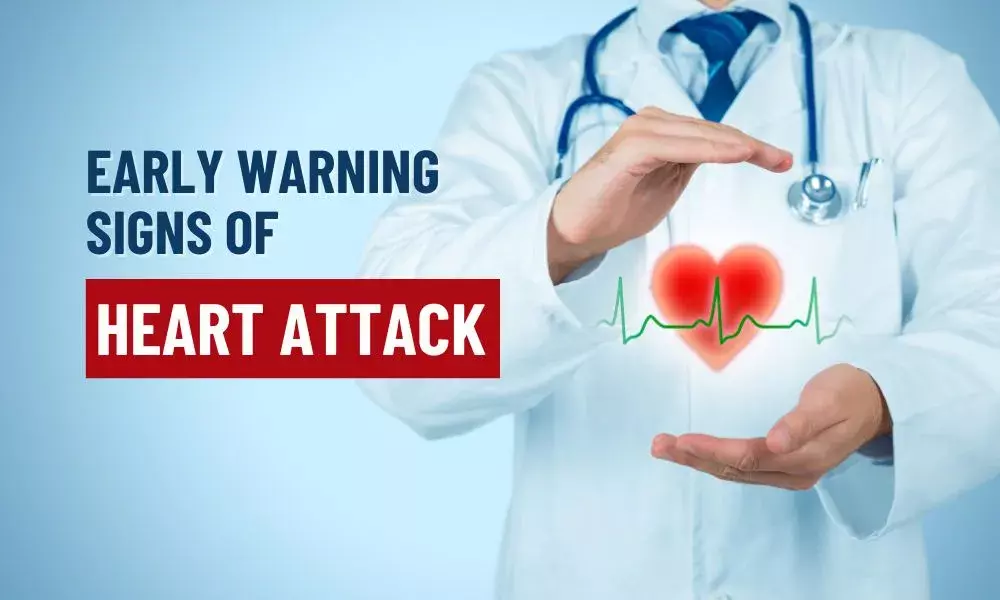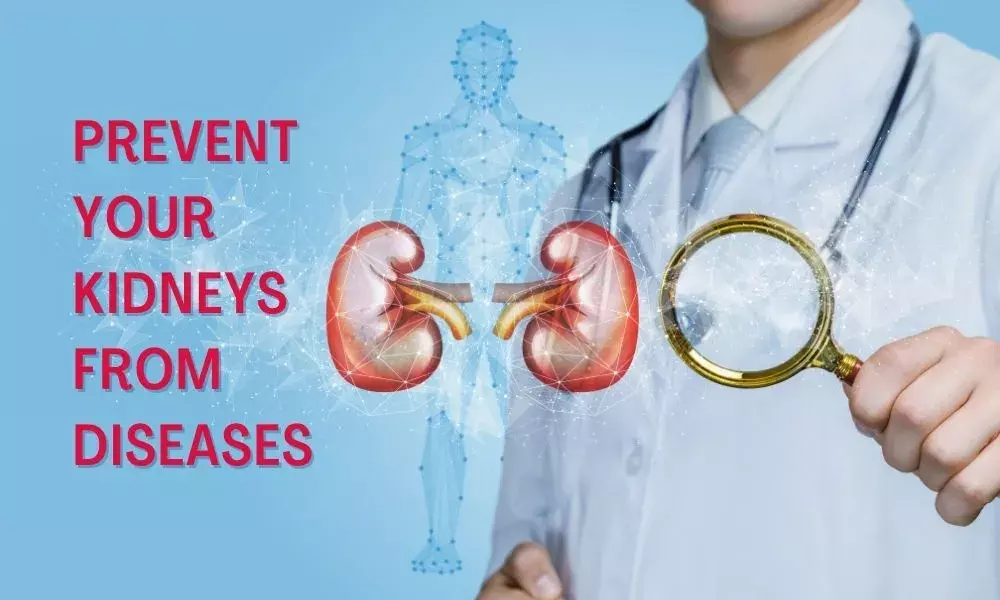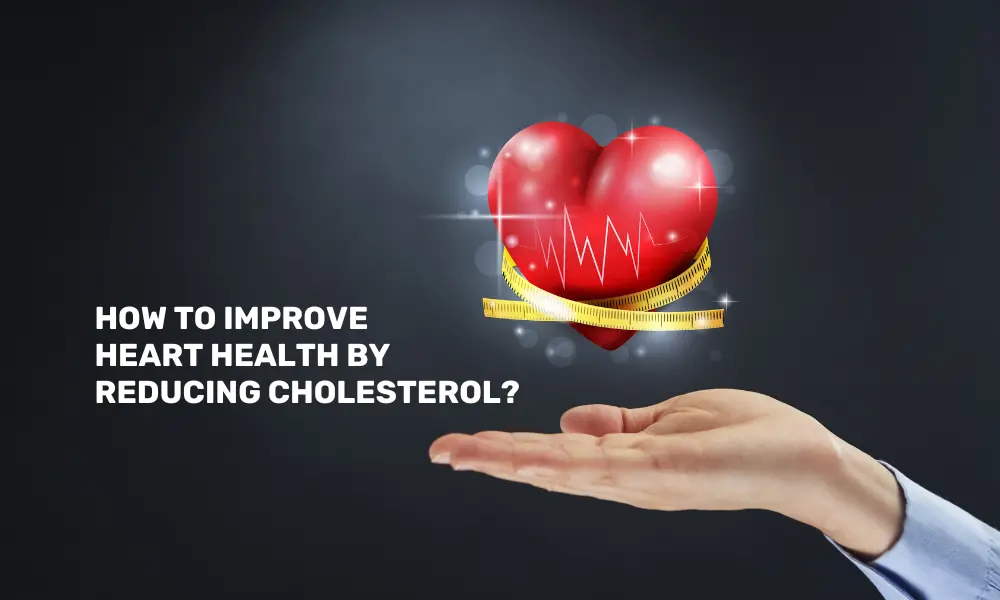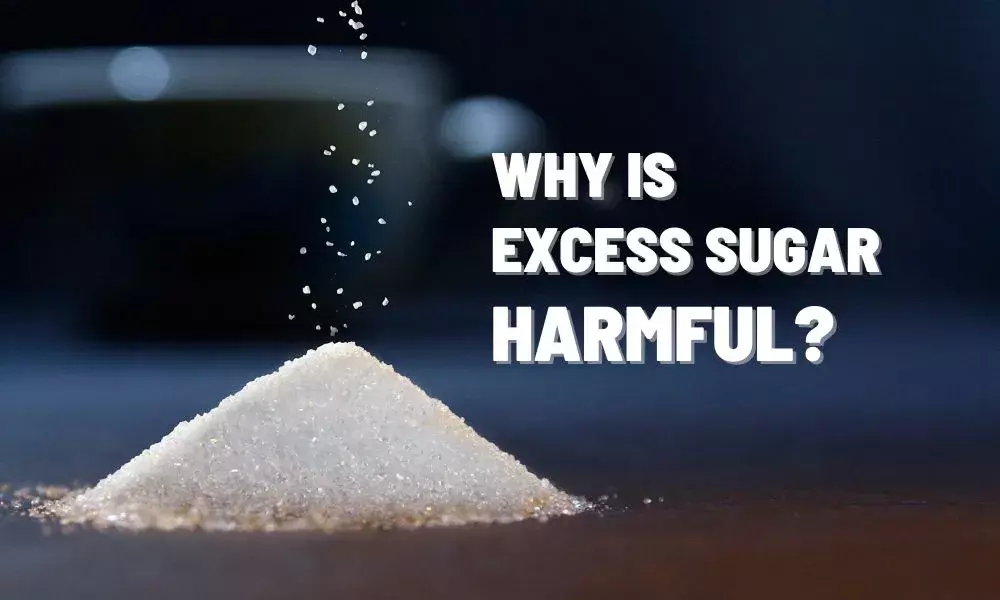Heart attack is one of the leading health concerns worldwide. 32% of the total deaths worldwide are attributed to cardiovascular disease*.
As per World Health Organisation (WHO) statistics, heart diseases claim about 18 million lives every year. 85% of these deaths are attributed to cardiac arrest or stroke. And out of these numbers, there are 40% of premature death (deaths that occur in people less than the age of 70 years) due to heart-related disease*.
Signs associated with heart disease are tricky and appear like other health complications, which delays the diagnosis and treatment. Heart diseases, in certain cases, may penetrate silently without much warning. In view of the severity of the condition, it is important to be aware of the signs of this disease so that one can identify its onset easily and get medical help immediately. Here are seven signs that may appear ordinary but may indicate a heart attack.
-
Severe Chest Pain: In many cardiac cases, people misunderstand the chest pain to be due to indigestion. And they generally start remedies for indigestion, and, in this process, actual medical treatment is delayed. Chest pain due to a heart attack feels like a stabbing pain in the chest. The chest pain that happens due to heart attacks is difficult to identify because of a lack of awareness.
-
Stomach pain: Pain may extend downward into the belly area and may feel like heartburn. This usually feels like a burning pain in the centre of the stomach, and once again, many people confuse it with gastric or acidity.
-
Discomfort in other areas of the upper body: Symptoms can include pain or discomfort in one or both arms, the back, neck, jaw or stomach.
-
Shooting Pain in Left shoulder: The sedentary lifestyle has affected the mobility of individuals, and almost everyone experiences pain in the shoulder; this can be missed when there is a sudden discomfort in the shoulder due to a heart attack.
-
Fainting: We often associate dizziness or fainting with extreme body weakness. But very few know that fainting or being unconscious is one of the silent signs of a heart attack. This is often accompanied by nausea and vomiting.
-
Cold sweat: Sweating during the night is very common in patients who have a heart attack. This is, in fact, a very common sign among women. During a heart attack, the body puts extra effort into pumping blood which results in sweating and leaving the skin cold.
-
Heart palpitations: One may feel as if the heart is skipping beats, or is beating at a faster rate than the usual.
While it is difficult to know whether it is a heart attack or something else just by estimating the nature of the pain, one should not ignore these symptoms and always consider it a medical emergency. Call someone for help and visit the nearest hospital immediately. Do not drive yourself to the hospital, as this might amplify your condition.
Data Source: http://surl.li/ijcpz





